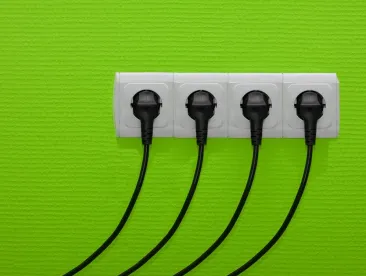Treasury is having a busy week! This afternoon, the U.S. Department of Treasury released proposed regulations under Code Section 45Q. Code Section 45Q provides for a U.S. federal income tax credit of 10% or 20% for carbon oxide sequestration and disposal in secure geologic storage, used as a tertiary injectant in a qualified enhanced oil or natural gas recovery project and then disposed of in secure geologic storage, or utilized algal or bacterial disposition, chemical conversion processes, or other methods, as provided in regulations.
The proposed regulations provide crucial guidance for contractual terms intended to ensure that carbon oxides are effectively sequestered and, therefore, that the credit becomes available. In addition, the proposed regulations include several other useful provisions:
- The proper use of Form 8933;
- Methods for an election to allow the person that disposes of carbon oxide to claim the tax credit on their timely filed U.S. federal income tax return;
- A broad definition of “carbon capture equipment” that bears similarities to similar definitions used in the context of the Code Section 48 investment tax credit for renewable energy facilities;
- Application of the “80/20” rule typically used in the same context to qualify rehabilitated equipment for the Code Section 45Q credit;
- Reasonably clear quantification methodologies;
- Guidance about verification of utilization of carbon oxides (though Treasury also indicated that it is continuing to study this issue); and
- Procedures for determining when the Code Section 45Q credit may be “recaptured” and how any recaptured credit must be taken into account, including in case of a leakage event.
Carbon capture technologies are relatively complicated and Treasury has clearly attempted to take that into account in the proposed regulations. Further study of the regulations is needed, but taxpayers are urged to participate in the comment period, which will begin on the day the Proposed Regulations are published in the Federal Register and continue for 60 days.



 />i
/>i
